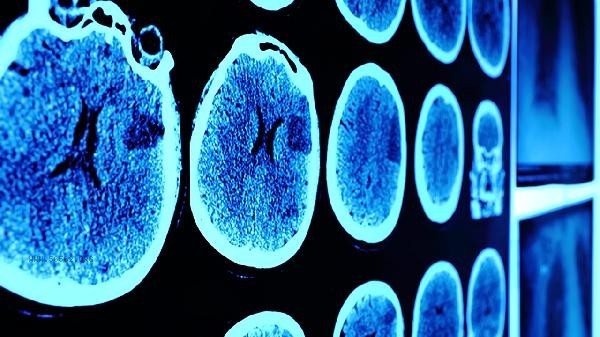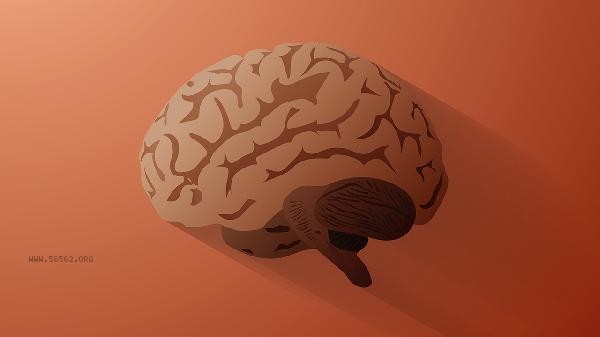The constant wakefulness of the brain without drowsiness may be related to factors such as sleep disorders, emotional problems, lifestyle habits, medication effects, and physical illnesses. Long term wakefulness may affect cognitive function and emotional stability. It is recommended to adjust daily routine or seek medical evaluation in a timely manner.

1. Sleep disorders
Diseases such as insomnia or sleep apnea can lead to poor sleep quality at night and sustained wakefulness during the day. These patients often have symptoms such as difficulty falling asleep and early awakening, and need to be diagnosed through multi-channel sleep monitoring. Clinically commonly used drugs such as zopiclone and dexzopiclone are used to improve sleep, but they must be strictly used according to medical advice.
2. Emotional problems
Anxiety, depression, and other emotional disorders can overactivate the sympathetic nervous system, leading to sustained excitement in the brain. Patients may experience symptoms such as palpitations and restlessness simultaneously. Cognitive behavioral therapy and mindfulness training can help alleviate emotional stress, and in severe cases, antidepressants such as paroxetine and sertraline can be considered.
3. Lifestyle Habits
Overuse of electronic devices, caffeine intake, or disrupted sleep patterns at night can interfere with melatonin secretion. It is recommended to avoid blue light stimulation two hours before bedtime, maintain a fixed sleep schedule, and limit caffeine intake in the afternoon. Moderate exercise during the day can help accumulate the driving force for nighttime sleep.

4. Drug effects
Certain central stimulants, hormone drugs, or decongestants may have awakening side effects. During the period of taking drugs such as thyroid hormone and pseudoephedrine, if there is sustained wakefulness, it is necessary to communicate with a doctor in a timely manner to adjust the medication plan. Taking sleeping pills on one's own may worsen sleep rhythm disorders.
5. Physical diseases
Physical problems such as hyperthyroidism and neurological disorders can manifest as reduced sleep demand. Hyperthyroidism patients may have symptoms such as palpitations and weight loss, and should be diagnosed through thyroid function tests. This type of situation requires targeted treatment for the primary disease. Establishing a regular sleep wake cycle is crucial for improving excessive wakefulness in the brain. It is recommended to keep the bedroom dark and quiet, and take a warm bath or gently stretch before going to bed. Receive sufficient natural light during the day and avoid taking long naps. If there is no improvement after two weeks of lifestyle adjustment, it is necessary to seek medical attention from a sleep specialist or neurology department to rule out organic diseases. Pay attention to keeping a sleep diary to help doctors assess the condition, and avoid long-term use of sleep aids on your own.









Comments (0)
Leave a Comment
No comments yet
Be the first to share your thoughts!